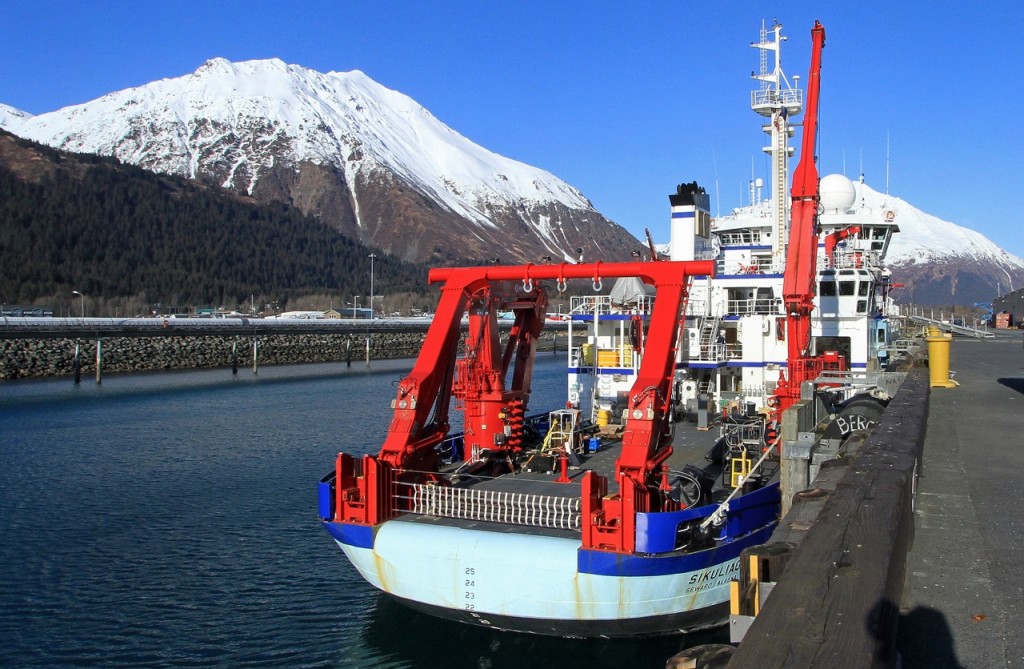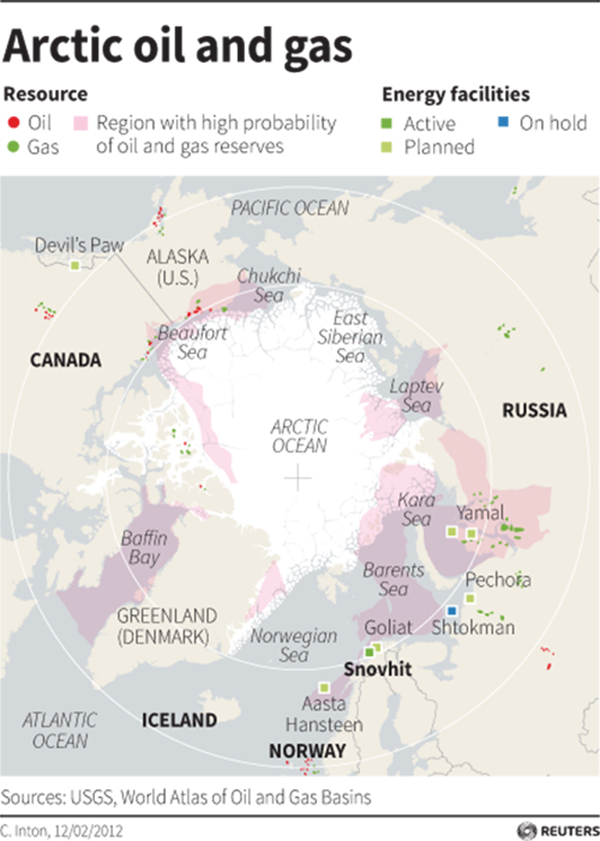Sen. Angus King is partnering with Sen. Lisa Murkowski of Alaska to influence U.S. policies on Arctic issues.
King, an independent, and Murkowski, a Republican, on Wednesday announced the creation of an “Arctic Caucus” in the Senate. Both senators believe the United States should be a leader in guiding international policy decisions that affect the Arctic.
The effort comes as the United States prepares to assume the chairmanship of the Arctic Council in April. The council is an intergovernmental forum that addresses issues faced by indigenous people of the Arctic and the eight member countries: Canada, Denmark, Finland, Iceland, Norway, Russia, Sweden and the United States.
The King-Murkowski partnership signals that Maine for the first time wants to play a role in shaping U.S. policy on Arctic issues. Historically, only Alaska has shown much interest in the Arctic, but Maine is now positioning itself as a gateway to the region. Two years ago, an Icelandic steamship line, Eimskip, which serves Iceland, Greenland and the Arctic regions of northern Europe, made Portland its North American headquarters and only port of call in the United States.
The state has since created the Maine North Atlantic Development Office to develop trade and investment between Maine and North Atlantic markets. The Maine National Guard has worked with Alaska to create an Arctic Interest Working Group. Last fall, the Bangor-based 101st Air Wing of the Maine Air National Guard tested advanced communications equipment while flying with the Canadian Air Force near Goose Bay, Labrador.
Also, the University of Maine’s Climate Change Institute has focused much of its research on the Arctic.
The U.S. Senate Energy and Natural Resources Committee on Thursday held its first hearing on the Arctic. Patrick Arnold, director of business development for the Maine Port Authority, told the committee that improving the nation’s ice-breaking capabilities is the easiest way to become more involved in Arctic development and search-and-rescue efforts.
“Without this capability, the U.S. does not have the opportunity to lead in a meaningful way,” Arnold said.
If Arctic shipping lanes are developed, Portland, through its Eimskip connection, would be the closest U.S. port for ships traveling from Asia to the U.S. through the Arctic.
King, a member of the Senate Energy and Natural Resources Committee, said in a statement that the strategic significance of the Arctic will increase as the climate changes and Arctic ice recedes. He said the creation of the Arctic Caucus is the first step in raising the profile of the issue in Congress. In the past, he has called for the U.S. to recalibrate its national security and economic strategies to address the changing environment, and the challenges and opportunities that come with it.
King’s priorities include: Appointing a U.S. ambassador to the Arctic, ratifying the United Nations Convention on the Law of the Sea, examining the need for investments in infrastructure, such as building more ice-breakers, evaluating the challenges of Arctic shipping, and how the United States can work cooperatively with Russia on Arctic issues.
Send questions/comments to the editors.





Comments are no longer available on this story